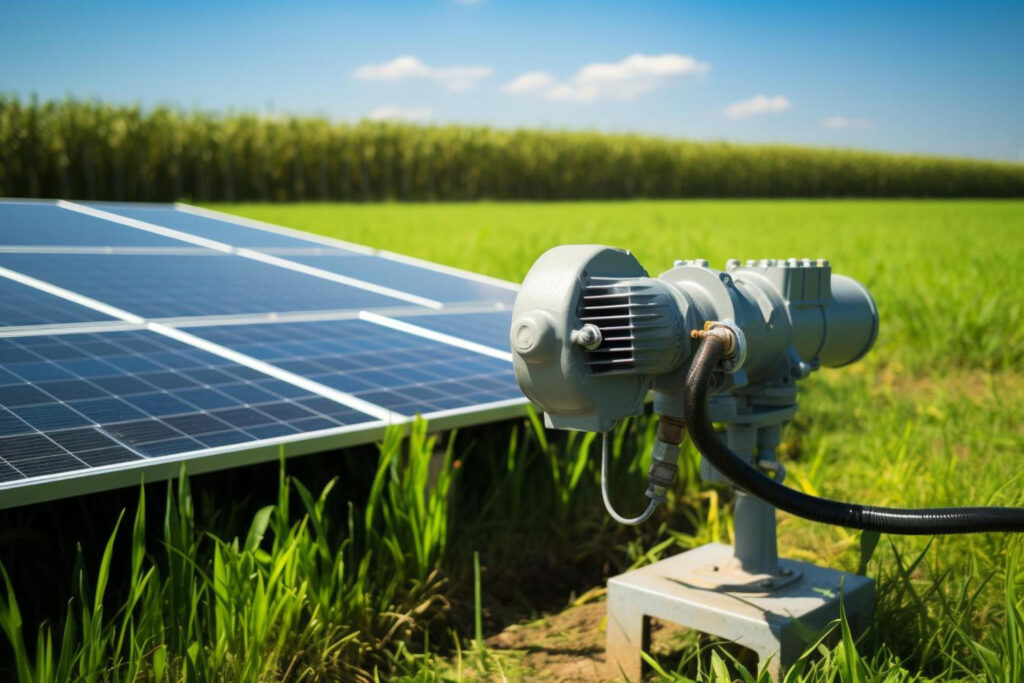
Irrigation has long been considered one of the most effective ways to water plants and crops and boost agricultural production. However, pumping the water and powering its journey to the plants can be both expensive and detrimental to the environment. Many pumps have relied on fossil fuels to power their mechanisms. Now, the rise of solar water pumps is solving many environmental problems and allowing the whole irrigation process or be far more sustainable and eco-friendlier.
Why chose irrigation over other methods of watering crops?
Irrigation systems and solar water pumps can bring a lot of benefits to users, both commercially and domestically. They save a lot of time and effort manually watering crops, plants and lawns. This is especially true for farms, where there can be very large areas that need watering on a regular basis. They can also help ensure that water is used prudently, without any overwatering wastage or water falling where it is not needed. Irrigation systems are becoming more and more sophisticated in this regard, with technology allowing them to release exactly the right amount for the conditions, location, area size and type of plant or crop.
Adding water in this way, drawn from the ground or sourced from nearby rivers or rainwater, means that plants receive natural water with no added chemicals or contaminants. Drip irrigation systems help monitor the amount of water so that precious nutrients aren’t washed away. You can control where the water is pumped from and how much is sent through the system to keep things as natural and healthy as possible.
Benefits of Solar Water Pumps
Solar irrigation systems are helping many rural farming projects and initiatives all over the world. They are helping to provide more food for communities that need it and are reducing carbon footprints to lower the impact farming has on climate change. More good news is that solar water pumps can be used on a smaller scale too, for domestic gardens and smallholdings.
In return for the initial investment in purchasing or leasing the panels and installing them, the system provides free solar energy that can power water pumps and solar irrigation systems. There is little maintenance required as solar water pumps have fewer moving parts than other types of water pumps. Savings can also be found in this area if you sign up to an annual service plan that helps spot any problems in their early stages. This removes the outlay of more complex, costlier repairs.
Solar water pumps are reliable, long-lasting and work well in remote areas where connection to national power supplies may not always be consistent. They do not deplete natural resources or release any harmful substances into the atmosphere. They can even provide an additional income source if they generate surplus electricity that can be sold back to the National Grid or other power companies.
Overcoming Solar Irrigation Systems Challenges
While you cannot use a solar water pump after dark as there will not be any sunlight available to convert into electricity, you can still keep things running with a solar power battery. You can use this to draw surplus energy that has been collected and stored during the previous day. Another option is to fit your solar irrigation systems to a water tank. Take advantage of especially sunny days to fill the tank for use in less optimal conditions. This saved water can then be pumped onto your crops via gravity feed.
Keeping your solar irrigation systems and solar water pumps operating at their best can also require some attention. However, this is made far more straightforward by keeping the panels and equipment clean and free from debris. Clear away any dirt or dust quickly and check everything is in order at least once a month, if not more often. This will help then system to produce as much solar power as possible to keep the water flowing to your crops and plants.
When purchasing your water pump and irrigation system, make sure you choose equipment that comes with a warranty and excellent after-sales servicing support. This gives peace of mind and allows you to access specialist support in the future, should something go wrong with the system.

